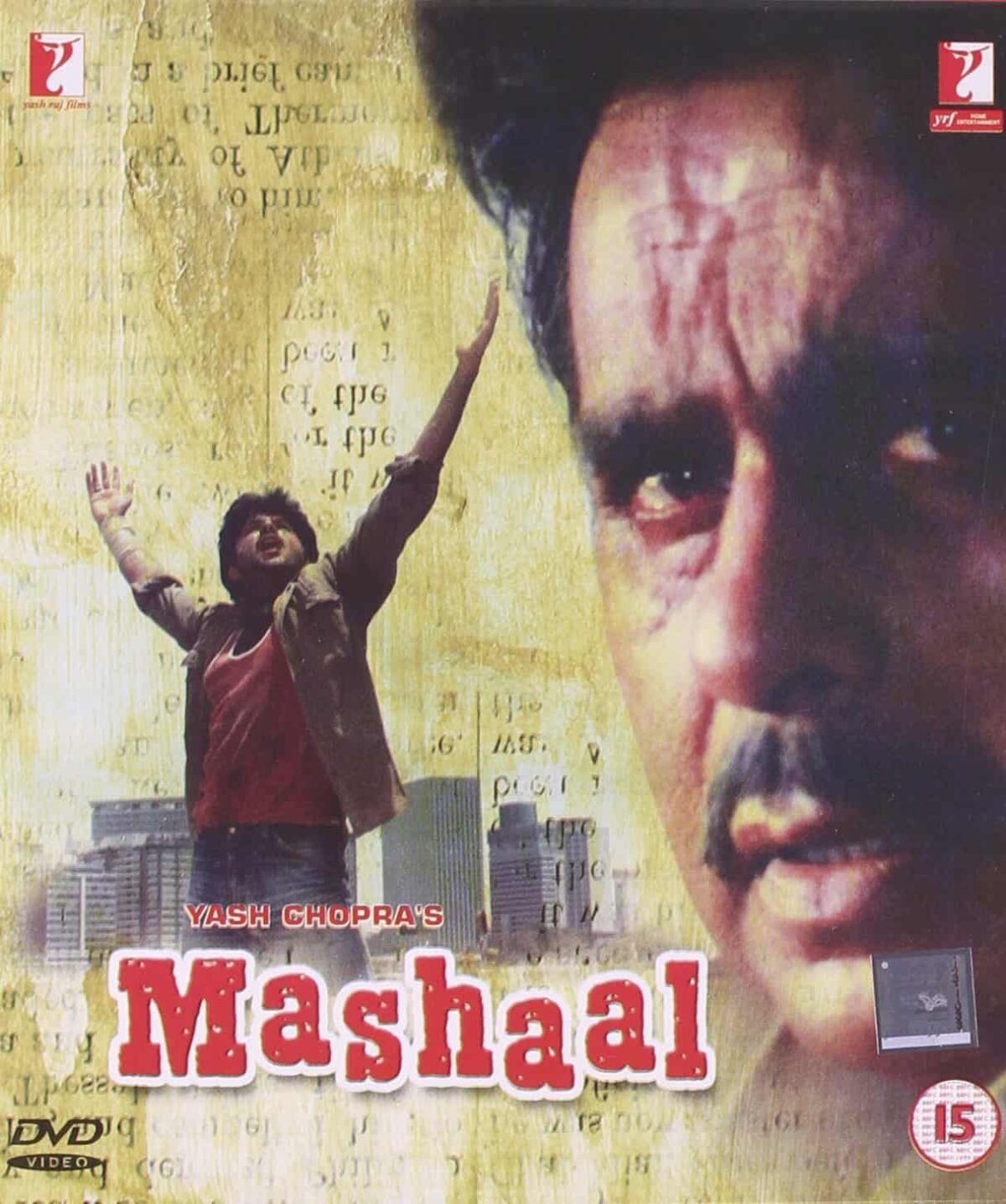Here’s an interesting aspect of the illustrious career of Dilip Kumar. Whenever you hear stories about how great actors/directors got into movies, there are two themes that often repeat. First, they discover their passion very early, in childhood. Then they progress through school dramas, acting courses etc. The second theme is of constant struggle, many rejections. Both these themes are markedly absent from the story of Dilip Kumar.
Dilip Kumar was born in Peshawar in pre-indendependent India. His birth name is Yousaf Khan. Growing up in a big joint family, he had a happy childhood. Just before World War II started, his father decided to shift to Mumbai (then Bombay) along with his family. This wise decision saved liitle Yousaf from the horrors of partition in 1947. Life in Mumbai was comfortable. Prithviraj Kapoor, one of the most sought after actors at the time was a family friend and as a result Yousaf developed close friendship with his son Raj Kapoor.
In college, Yousaf’s passion was Football. He wanted to become a professional Football player. When he was in his teens, Yousaf left home and went to Pune (then Poona) because of a trivial altercation with his father. He took up a job in the Army Canteen. Later he set up his own sandwich stall which became quite popular. He lost the job when the war began and came back home looking for alternative jobs. He even thought about helping his father in his fruit selling business.
One day he was waiting at Chruchgate station when he met an acquaintance, Dr. Masani. Dr. Masani was on his way to meet Devika Rani, well known actress and owner of the famous Bombay Talkies. He asked Yousaf to come with him. At the end of their meeting, Devika Rani offered him a job as an actor in Bombay Talkies at a monthly salary of Rs. 1250. Yousaf had seen only one movie in his life till that point. He accepted the offer mainly due to the handsome salary. As Yousaf Khan became Dilip Kumar and starred in his first movie Jwar Bhata, he had to learn everything about acting from observing other actors like Ashok Kumar and David. Here is an actor who set new standards for Hindi cinema. Satyajit Ray described him as “the ultimate method actor.” It’s mind boggling that Dilip Kumar entered the film profession by sheer accident.
We are such a rich nation consisting of so many languages and dialects. How often do you see the main characters speaking with different accent or inflection? Dilip Kumar is a notable exception here. In Gunga Jumna, his character speaks a dialect from Uttar Pradesh. When Dilip Kumar was growing up, his gardener used to speak in this dialect with his wife. Dilip Kumar is a Pathan. He grew up speaking Pushtu and Urdu. The way he imbibes this UP dialect in the movie is truly remarkable. Equally credible is Vyjaynthimala who had a tougher task ahead of her. For South Indians, it’s extremely difficult to speak Hindi without an accent because Tamil is so different from the Sanskrit based languages. To her credit, Vyjaynthimala gave a perfect performance in every aspect.
As our history amply shows, Indians are lazy about keeping records. Not only that, we do not even care about preserving the existing records. Our national news channel Doordarshan, accidentally destroyed an interview of Satyajit Ray, Akira Kurosawa and Elia Kazan! Memoirs of great actors and directors are among the few records available that chronicle the evolution of cinema in India in the last century.



